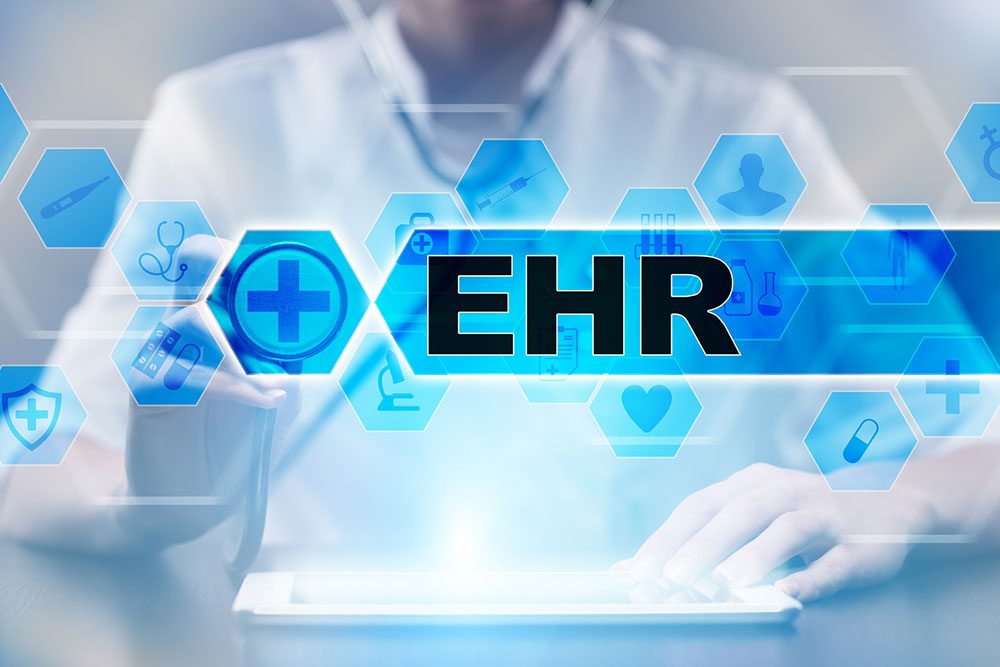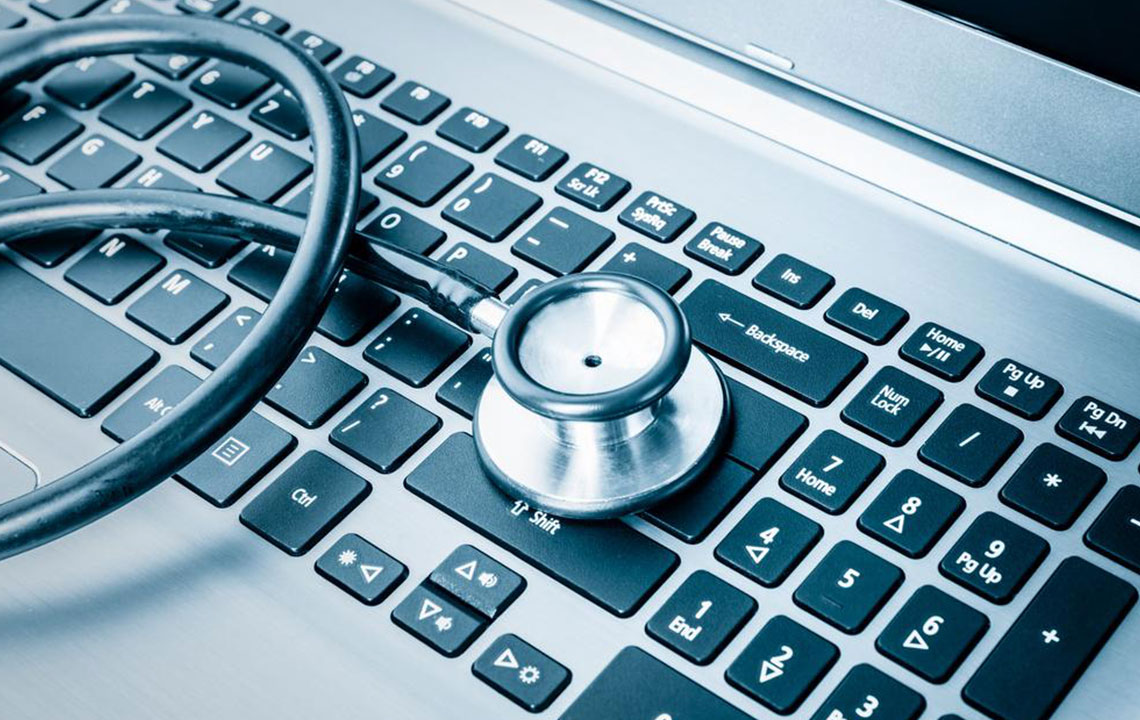Optimizing Psychiatry Care with Electronic Health Record Systems
Discover how EHR systems transform psychiatric practices by streamlining data management, improving workflow, and enhancing patient care. This guide covers key uses, tips for selecting the best software, and the top providers, helping mental health professionals optimize their operations effectively.

Implementing EHR Solutions in Psychiatry: Benefits and Best Practices
Healthcare facilities specializing in mental health rely heavily on efficient data management to deliver quality care. Electronic health record (EHR) systems serve as vital tools for capturing and accessing patient information, improving treatment workflows, and enhancing patient experiences. Understanding how EHR software functions and the advantages it offers mental health practitioners can ensure optimal utilization. These systems enable systematic tracking of health metrics, billing, medication management, appointment scheduling, and more, streamlining operations in psychiatric clinics and hospitals.
Core Uses of EHR in Psychiatry
1. Monitoring Mental Health Indicators
Recording vital signs such as blood pressure or blood sugar becomes more accurate and less time-consuming with EHR tools, reducing errors and enhancing efficiency across patient records.
2. Handling Billing and Insurance Claims
Automating billing processes and verifying insurance details helps streamline reimbursements, freeing staff from manual data entry and minimizing mistakes.
3. Managing Prescriptions
Tracking medication dosages and schedules without manual errors simplifies prescription management, ensuring patients receive correct treatments at the right times.
4. Documenting Treatment Histories
Organized storage of past treatments aids clinicians in analyzing patient progress and making informed decisions, ensuring records are accessible whenever needed.
5. Scheduling Appointments and Reminders
EHR systems assist in arranging and reminding clinicians of upcoming sessions, including telehealth appointments, reducing the chance of missed visits.
6. Automating Routine Tasks
Repetitive activities such as billing entries and data uploads are automated, allowing staff to concentrate on patient care instead of administrative burdens.
7. Ensuring Accurate Record Keeping
Minimizing human errors, EHR systems offer precise data entry and processing, promoting safe and reliable patient information management.
Tips for Selecting the Right EHR System
1. Evaluate the Provider’s Reputability
Prioritize providers with extensive healthcare experience and a solid understanding of psychiatric needs. Feedback from other clinics and online reviews can help identify dependable options.
2. Define Your Budget
Research the average market costs for mental health EHR solutions; typical prices hover around $1,200, but actual expenses vary based on features and vendor reputation.
3. Review Key Features
Assess system performance, user interface smoothness, and the completeness of functionalities to ensure the software aligns with your operational requirements and offers a seamless user experience.
Leading EHR Providers
Epic
Cerner
Meditech
eClinicWorks
NextGen









